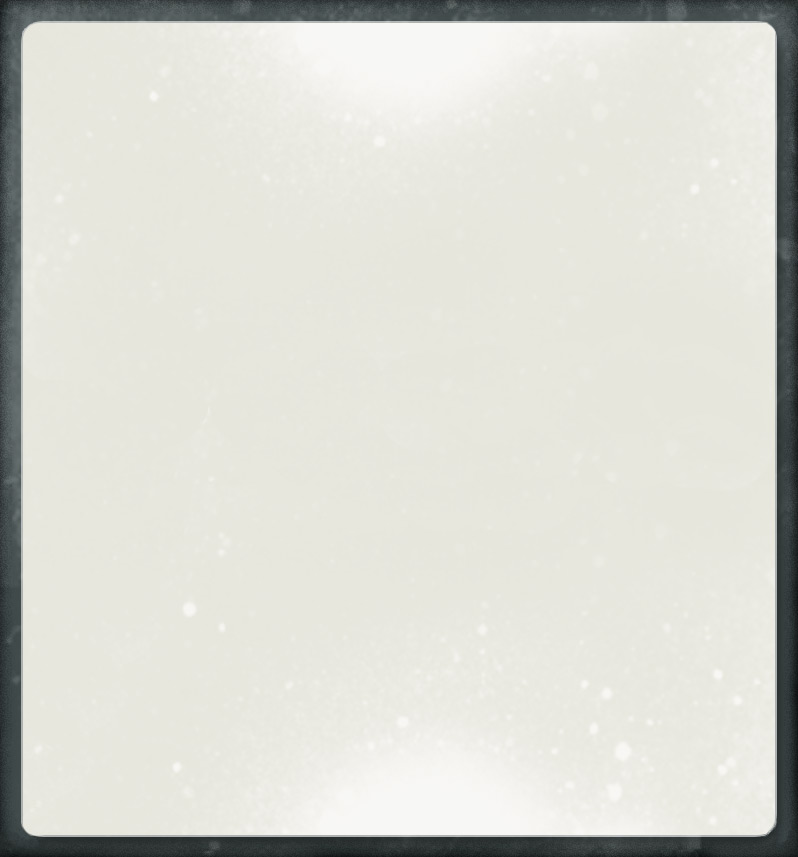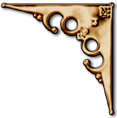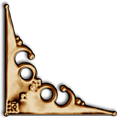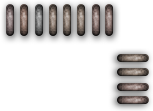
About Randy's Books
How Dare a Physicist Write Fiction?
My life changed on a rainy December day in Berkeley, California.
I was a geeky first-year Ph.D. student in physics at UC Berkeley. Christmas vacation had started and I was studying like a maniac for the preliminary exams. I had to pass those exams or I wouldn't be allowed to stay.
Late on a Friday afternoon, I desperately needed a break, so I walked down the street to a bookstore.
A paperback novel caught my eye -- The Matarese Circle -- a spy novel by Robert Ludlum. My college Great Books prof would have had an aneurysm if he saw me holding a "trashy" novel like that. But I didn't care. I bought the book and took it home and started reading.
At 3 AM, I finished the book. My veins felt like they were on fire. My mind was racing.
The novel wasn't highbrow literature. It didn't have a deep philosophical message. It was just plain fun.
For six hours reading that book, I had taken a badly-needed vacation as a spy on the run from my own government, hanging out with naughty women, driving fast cars, and exploding an international conspiracy.
That was the day I fell in love with suspense fiction. I've been reading it ever since, whether it gives my old English profs an aneurysm or not. Eventually I started writing it.
I write "geek suspense." I start with a super-intelligent guy and a super-intelligent girl. I get them together, get them in trouble, and watch what happens. This screws up their geeky little heads faster than firewhiskey or even philosophy.
You might think I'm a naughty boy for loving "trashy" suspense novels. Don't have an aneurysm.
But if you think geeks are cool and if you love suspense fiction, then hang out with me and we'll have some fun.
I don't write literary fiction, but I do like to wrestle with philosophical stuff in my fiction. The problem of evil, the nature of reality, the meaning of life, the existence of God -- all of those are fair game. I like hard questions.
However, I don't imagine that I know the answers with any certainty. That's OK. Life is the art of making decisions based on partial information. In philosophy, we're stuck with VERY partial information.
The worst thing you can do is to fail to live your life because you were paralyzed by uncertainty.
My characters sometimes act like they know the answers. Maybe they do and maybe they don't, but the important thing is that they pick an answer and run with it. The fun of fiction is watching them sweat.
Here's a rundown on the books I've written:





The Oxygen Series

 Valkerie Jansen is tough, beautiful, and has an uncanny knack for survival. When NASA chooses her for the first mission to Mars, Valkerie is thrilled -- until she learns she's displacing America's heartthrob, celebrity astronaut Josh Bennett.
Valkerie Jansen is tough, beautiful, and has an uncanny knack for survival. When NASA chooses her for the first mission to Mars, Valkerie is thrilled -- until she learns she's displacing America's heartthrob, celebrity astronaut Josh Bennett.Bob Kaganovski, the ship's mechanic, is paid to be paranoid -- and he's good at it. After a teeth-rattling launch, Bob realizes that his paranoia hasn't prepared him for this trip. He can deal with a banged-up spaceship, but how's he going to survive the next five months with HER just a flimsy partition away?
Halfway to the Red Planet, an explosion leaves the four-member crew with only enough oxygen for one. The pilot is left in a coma. The mission commander is coming unglued. All evidence points to sabotage -- and Valkerie and Bob are the obvious suspects.





Double Vision
 Dillon Richard is the star engineer at CypherQuanta, a startup high-tech company in San Diego. But the company is going through a financial rough patch, and the engineers smell trouble. Dillon has his own problems -- he's recently been diagnosed with Asperger's Syndrome, which explains why he's always had trouble understanding ordinary people. He's recently started dating a beautiful co-worker . . .
Dillon Richard is the star engineer at CypherQuanta, a startup high-tech company in San Diego. But the company is going through a financial rough patch, and the engineers smell trouble. Dillon has his own problems -- he's recently been diagnosed with Asperger's Syndrome, which explains why he's always had trouble understanding ordinary people. He's recently started dating a beautiful co-worker . . .Keryn Wills is the company's chief financial officer and her first instinct is to lay off some of the company's workers. But there's another way. It's risky and bold, and it could only succeed under the leadership of someone wildly creative and outlandish. And CypherQuanta has somebody exactly like that . . .
Rachel Meyers is a free-wheeling biophysicist who's just developed a quantum computer that changes everything. It's capable of breaking the encryption that protects the world's electronic money transactions. Rachel's device could save the company, but it needs to be finished. So Rachel is thrown together with the handsome and inscrutable Dillon to complete the quantum computer.
But somehow word leaks out, and now criminals are trying to steal the device. Soon, Dillon, Keryn, and Rachel are on the run. Can the two women forget their rivalry over Dillon long enough to survive?





The City of God Series


 Rivka Meyers is an archaeology student who's grown up in a Messianic Jewish home. Now a graduate student at UC Berkeley, Rivka is tired of being constantly playing defense about her controversial faith. She escapes to Israel for the summer to work on an archaeological dig and take a vacation from God and religion and hard questions. There, she meets a brilliant and charming scientist who seems to like her . . .
Rivka Meyers is an archaeology student who's grown up in a Messianic Jewish home. Now a graduate student at UC Berkeley, Rivka is tired of being constantly playing defense about her controversial faith. She escapes to Israel for the summer to work on an archaeological dig and take a vacation from God and religion and hard questions. There, she meets a brilliant and charming scientist who seems to like her . . .Ari Kazan is an Israeli theoretical physicist who's worked out a speculative idea for creating a wormhole -- a portal to the past. Ari doesn't believe it'll work. He's more interested in getting to know the gorgeous and outgoing Rivka, who turns suddenly shy when Ari asks about her synagogue back home. But Ari is working with an American physicist who fervently hopes the wormhole will work . . .
Damien West is an experimental physicist from Chicago with a bizarre secret plan. He hopes to use Ari's idea to build a wormhole to the first century so that he can assassinate the apostle Paul. Of course the wormhole couldn't possibly work, and probably would be horribly unsafe. But when Damien fires it up and the contraption seems to work, he needs a guinea pig to test it on. And who better than this stupid grad student Rivka, who's wandered in at the worst possible moment?




Writing Fiction For Dummies
 I had never read a Dummies book until the publisher of the series asked me to write a book for them, Writing Fiction For Dummies. I was a bit hesitant, because I didn't want to write something simplistic and I also didn't want to insult my readers. But when the publisher assured me that I could go deep with this book, and when numerous friends told me they didn't find Dummies titles insulting, I agreed to write it.
I had never read a Dummies book until the publisher of the series asked me to write a book for them, Writing Fiction For Dummies. I was a bit hesitant, because I didn't want to write something simplistic and I also didn't want to insult my readers. But when the publisher assured me that I could go deep with this book, and when numerous friends told me they didn't find Dummies titles insulting, I agreed to write it. The reason the publisher came to me is that I've become quite well-known around the world for my teaching on the craft of fiction writing. I'm the creator of the wildly popular Snowflake method of designing a novel. I publish the free monthly Advanced Fiction Writing E-zine, the highest-circulation electronic magazine in the world on fiction writing. And I also have an Advanced Fiction Writing Blog. I teach frequently at conferences around the US and can't accept all the requests I get for speaking.
My book summarizes most of what I know about writing fiction. It's 384 pages, about 122,000 words, and it's become one of the very bestselling books on how to write fiction. If you want to know more about the book, visit the Writing Fiction For Dummies page on my AdvancedFictionWriting.com web site.





Get Your Free
Geek Alerts
Want an email alert each time I publish a new geek-suspense novel?
Sign up here for your free Geek Alerts! I'll email you when a new book is ready or when there's a great special deal on an old one.
Privacy notice: I respect your privacy and I promise not to rent, sell, or give away your email address to third parties.